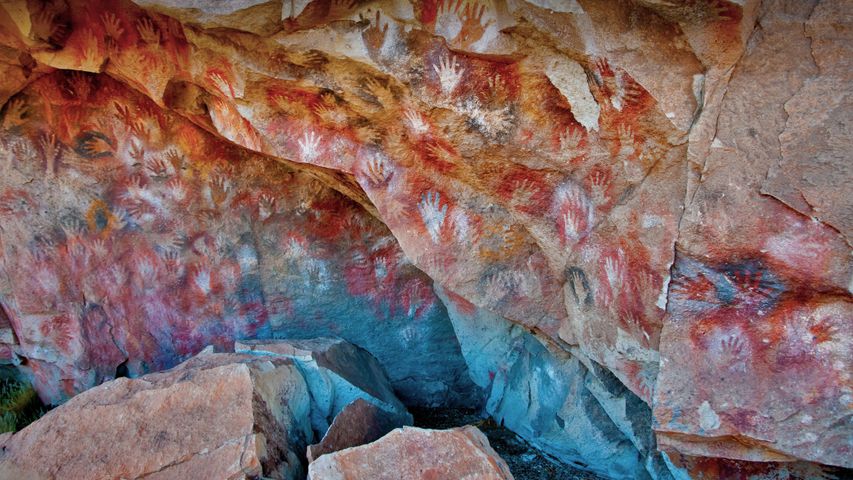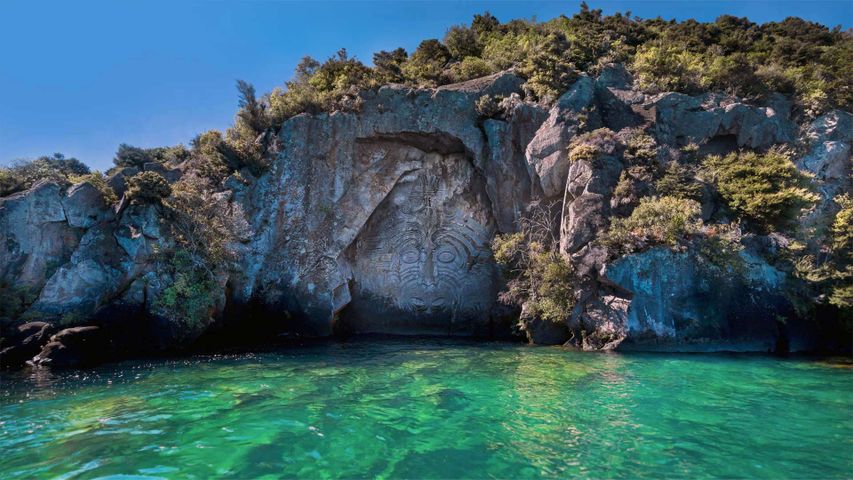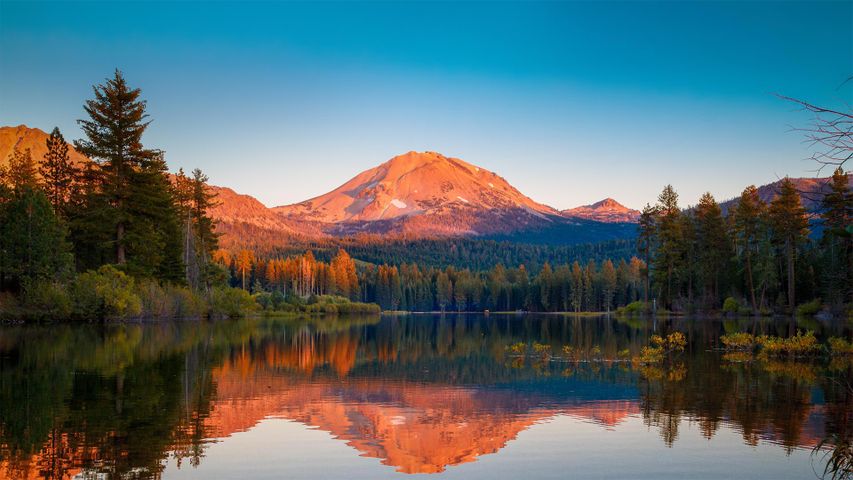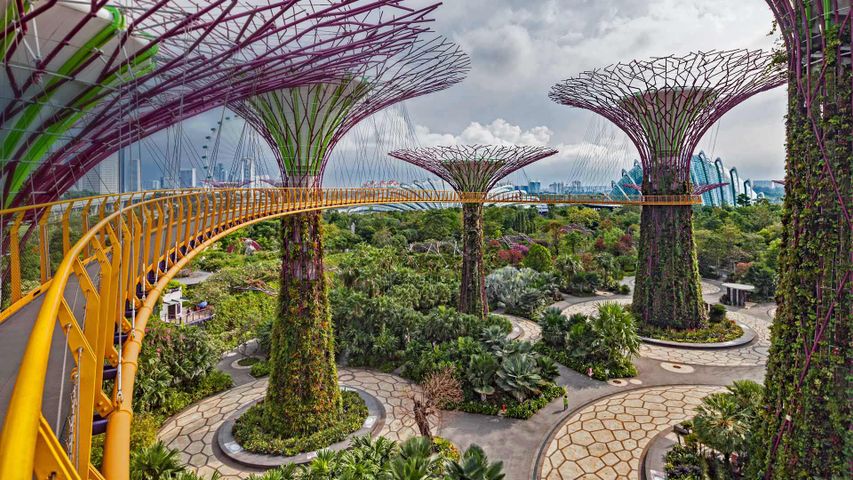Indigenous artwork, Ngaruwanajirri Art Centre, Wurrumiyanga, Bathurst Island, Australia
© Robert Wyatt/Alam
A day for the world's Indigenous populations. International Day of the World's Indigenous Peoples
Earth is home to an estimated 476 million Indigenous people, those who are descendants of the first known inhabitants of a particular area. Indigenous people—a term meaning 'sprung from the land' or native—speak the majority of approximately 7,000 languages on Earth in 5,000 unique cultures. For example, the Tiwi people of Australia, whose art is seen today, speak a unique language—unlinked to any other known language—in their community of only 2,000 people. Colonisation has long impacted Indigenous people and contributed to high rates of poverty and the loss of language and traditional lands. The UN first held the International Day of the World's Indigenous Peoples in 1994, and every August 9, they bring attention to the fight to preserve the rights, dignity, and mere existence of the world's oldest cultures.
Related Images
Bing Today Images
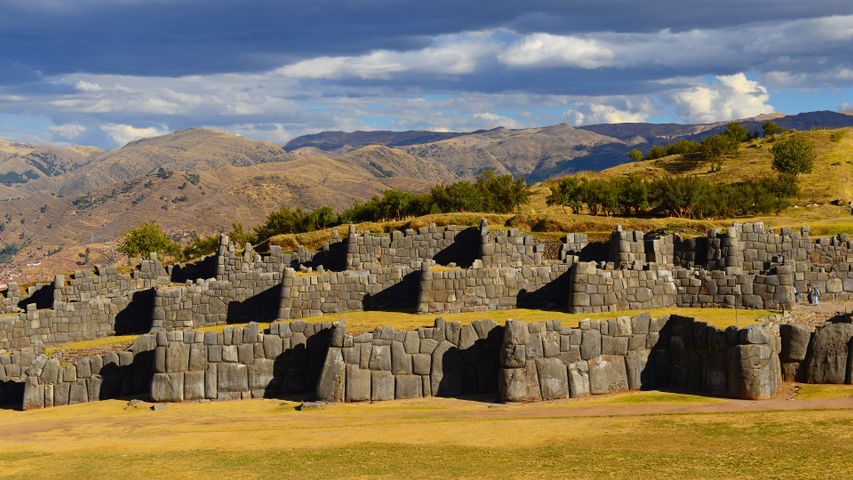
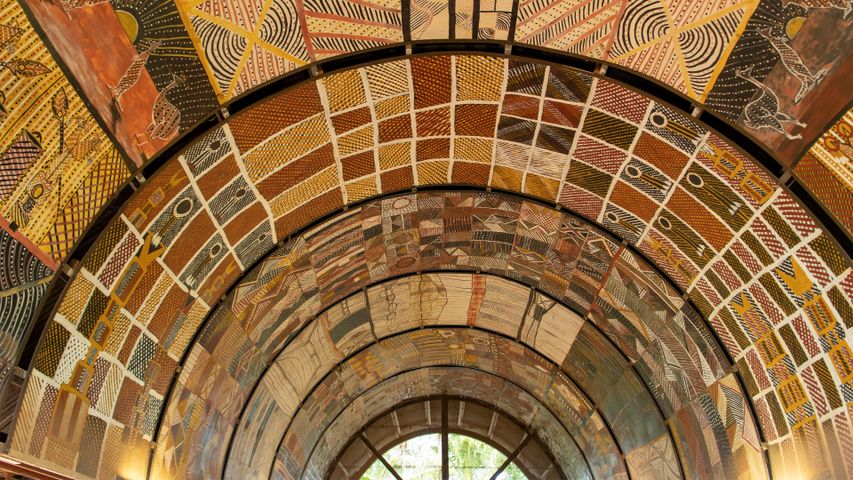
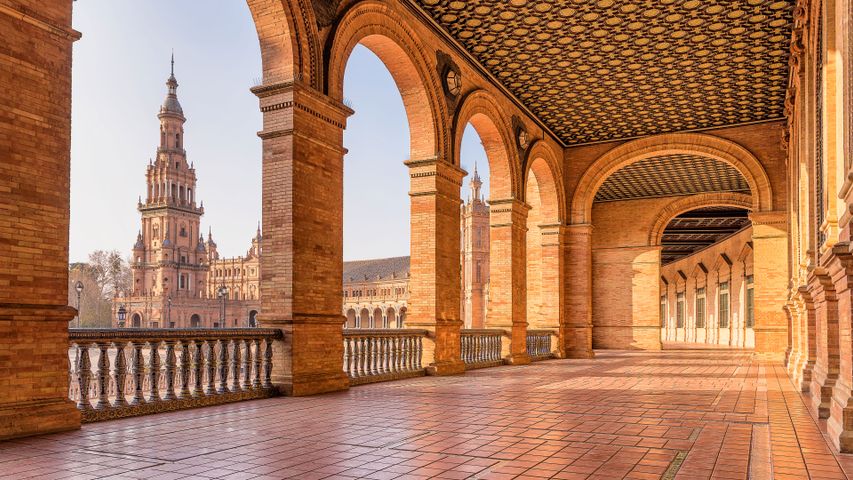 Plaza de España, Seville, Spain
Plaza de España, Seville, Spain
 Kachina Bridge, Natural Bridges National Monument, Utah, United States
Kachina Bridge, Natural Bridges National Monument, Utah, United States
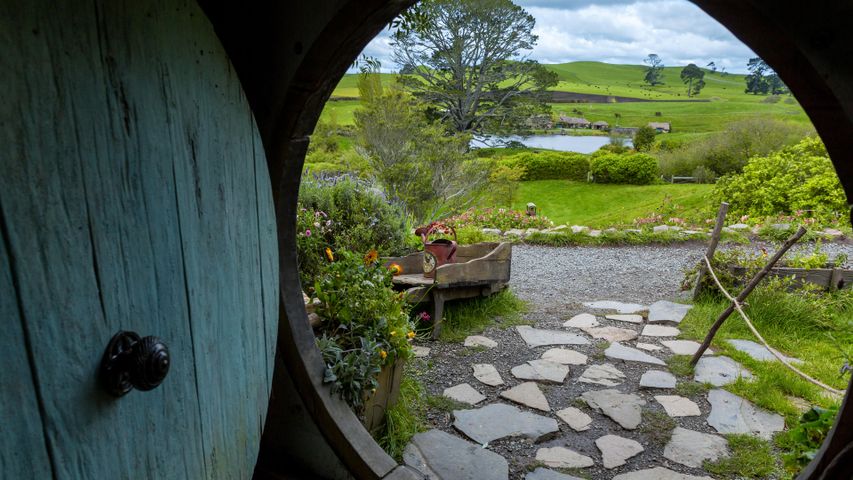 Hobbit-hole in Hobbiton Movie Set, Waikato, New Zealand
Hobbit-hole in Hobbiton Movie Set, Waikato, New Zealand
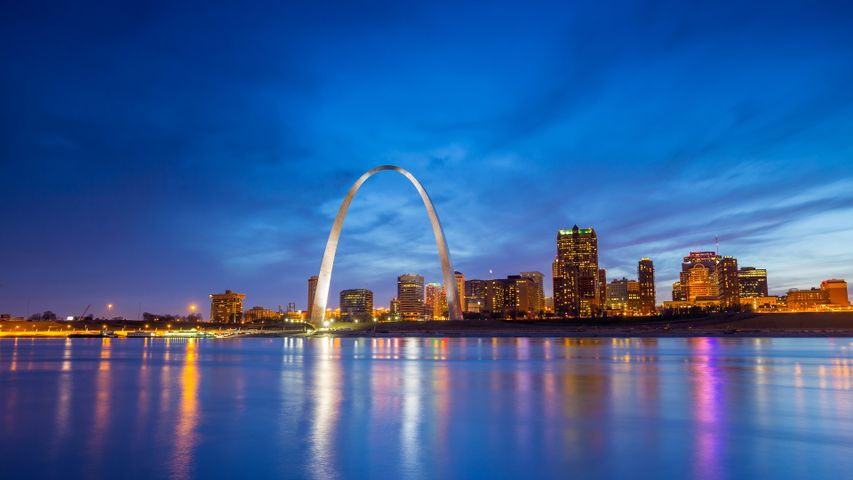 Gateway Arch and St. Louis, Missouri, United States
Gateway Arch and St. Louis, Missouri, United States
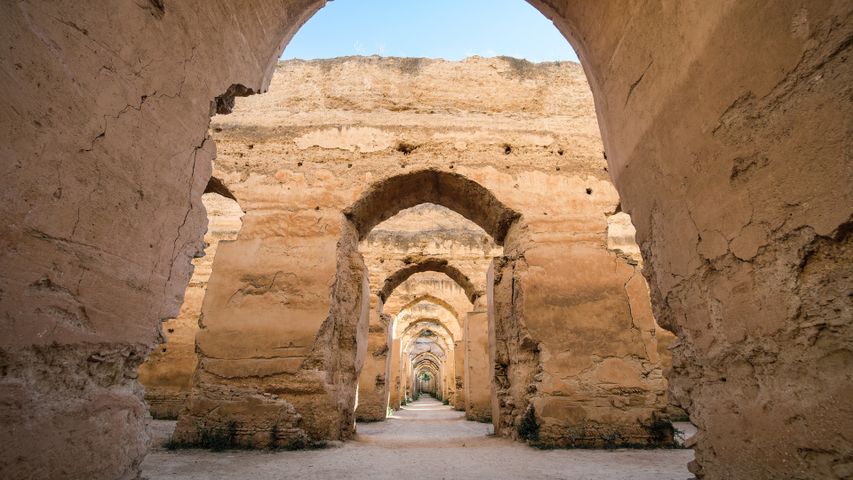 Heri es-Swani in Meknes, Morocco
Heri es-Swani in Meknes, Morocco
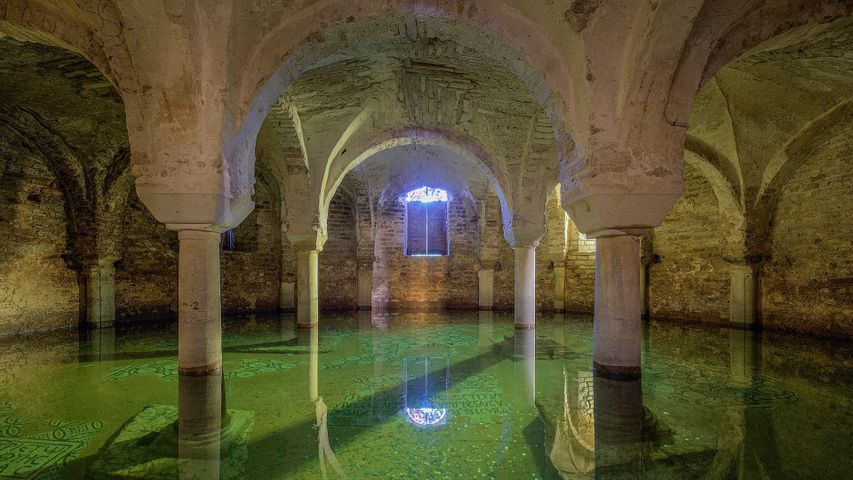 Flooded crypt, Basilica of San Francesco, Ravenna, Italy
Flooded crypt, Basilica of San Francesco, Ravenna, Italy
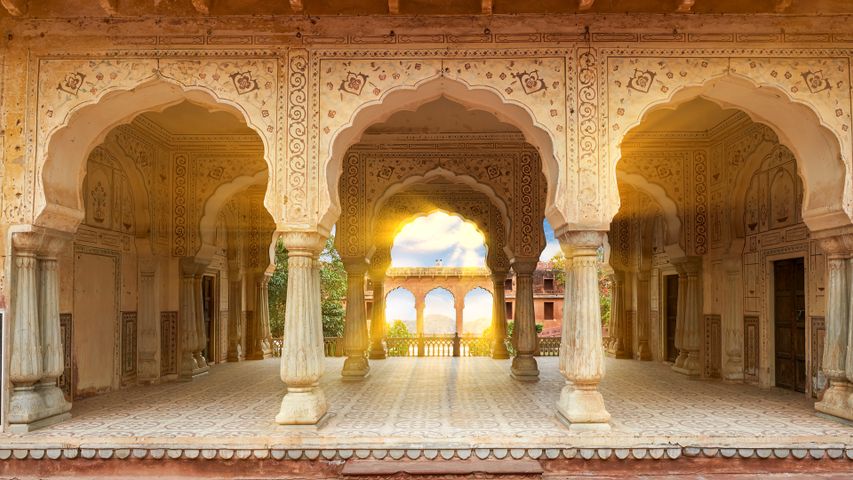 Sattais Katcheri (Court of 27 pillars), Amber Fort, Rajasthan, India
Sattais Katcheri (Court of 27 pillars), Amber Fort, Rajasthan, India
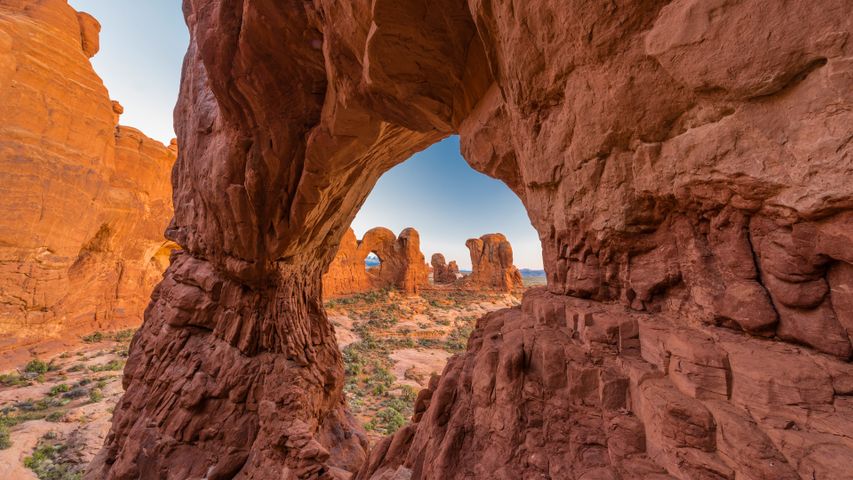 Double Arch seen through Cove Arch, Arches National Park, Utah, USA
Double Arch seen through Cove Arch, Arches National Park, Utah, USA
